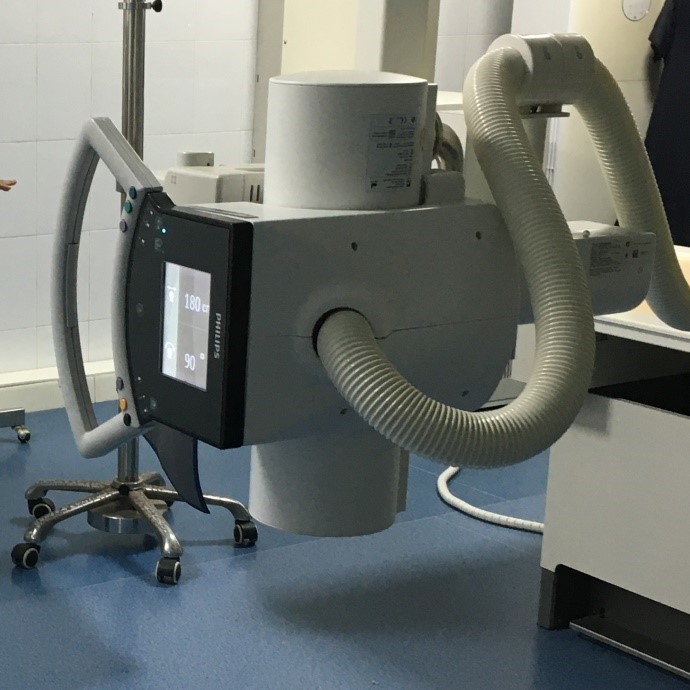MEDICAL CONNECTORS DEFINED
 Medical connectors provide interconnect solutions for a variety of healthcare devices in surgical, diagnostic, and therapy systems, amongst others.They’re regularly used by surgeons, physicians, nurses, radiologists, EMTs, and medical technicians, so reliability is essential. Many medical connectors feature smaller footprints to accommodate applications that require high power density in a small package. Other important features include durability, sterilization, and ease of use:
Medical connectors provide interconnect solutions for a variety of healthcare devices in surgical, diagnostic, and therapy systems, amongst others.They’re regularly used by surgeons, physicians, nurses, radiologists, EMTs, and medical technicians, so reliability is essential. Many medical connectors feature smaller footprints to accommodate applications that require high power density in a small package. Other important features include durability, sterilization, and ease of use:
Durability:
Because medical connectors often require high numbers of mating cycles, they must be durable and sturdy. Some applications also necessitate the use of waterproof medical connectors that meet or exceed IP68 specifications.
Sterilization:
Medical equipment is subject to frequent sterilization procedures, so connectors must be corrosion-resistant and able to withstand repeated exposures to high temperatures and harsh cleaning conditions while remaining safe and hygienic.
Ease of Use:
Because medical connectors may be connected and disconnected by both trained professionals and untrained novices, they must be foolproof to prevent incorrect mating or damage to equipment.
USES
Medical connectors are used in a variety of healthcare equipment, including MRI and CT scanners, ultrasound machines, EKG machines, exoskeletons, heart-lung support systems, wearable devices, defibrillators, ventilators, respirators, breathing machines, and other patient monitoring devices. From diagnostic devices and surgical instruments to therapy applications, dental applications, and cardiac assist devices, many applications within the healthcare industry require connectors.
Some applications mandate certain connector requirements. For example, respiratory monitoring devices in patient rooms may require screw-in connectors as opposed to push-pull to ensure a secure connection. Dental applications may require connectors with outstanding moisture resistance, ergonomic performance, and cable management. And due to the increasing demand for mobile medical devices, lightweight medical connectors with a small footprint are often required.